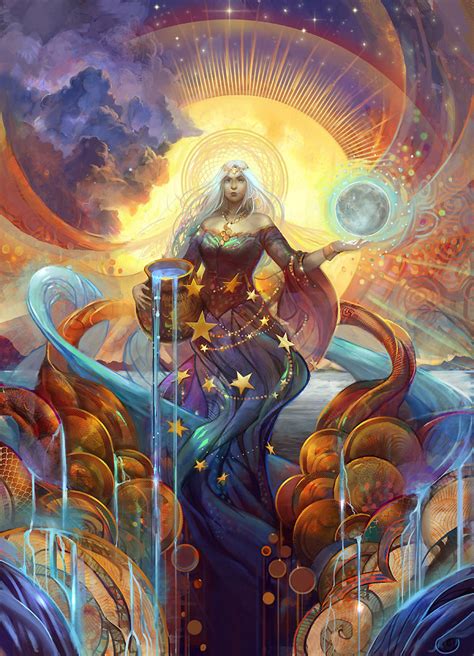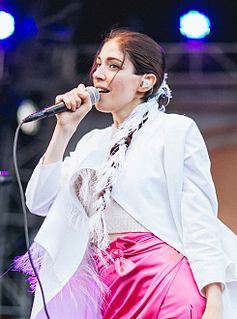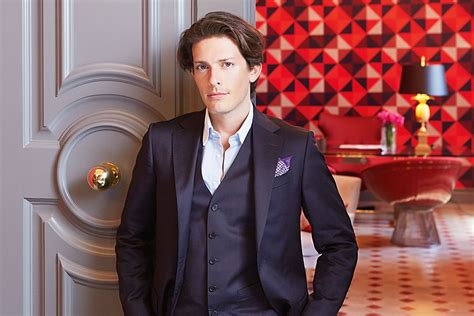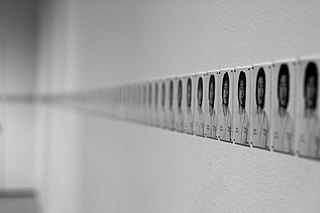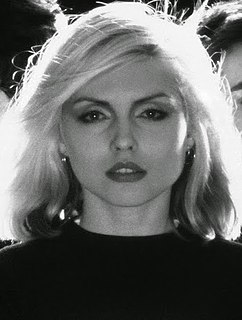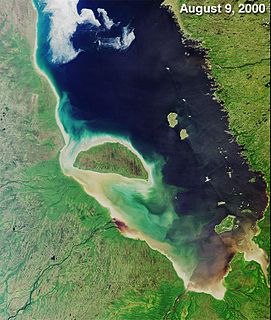A Quote by Julie Dillon
I was always interested in drawing and creating, but it never really occurred to me that I could pursue art as my profession until my mid twenties. From all I had heard from other people, art was just something you do as a hobby in between your real work and real jobs.
Related Quotes
I had always drawn, every day as long as I had held a pencil, and just assumed everyone else had too…Art had saved me and helped me fit in…Art was always my saving grace…Comedy didn’t come until much later for me. I’ve always tried to combine the two things, art and comedy, and couldn’t make a choice between the two. It was always my ambition to make comedy with an art-school slant, and art that could be funny instead of po-faced.
I was lucky that I started very young, since I had a very clear idea of what I wanted to do. But my father is very conservative, and he never considered fashion to be a real career but something I could pursue as a hobby. He wanted me to be a doctor, and at one point, I thought of becoming a plastic surgeon.
I perform in art time and in real time, and you can't tell the difference - no one knows how to separate a real act from an art act in my work. When I lived on the street for a year, people only knew that I was homeless. They didn't know that I was an artist doing a piece. I have to use real time in my work. I do, however, have to find a subtle way of documenting real time, in order for people to have a response. That means punching into a work clock every hour in the case of one piece.
The art is more important than the artist. The work is more important than the person who does it. You must be prepared to sacrifice all the you could possibly have, be, or do; you must be willing to go all the way for your art. If it is a question between choosing between your life and a work of art -- any work of art -- your decision is made for you.
I like real art. It's difficult to define 'real' but it is the best word for describing what I like to get out of art and what the best art has. It has the ability to convince you that it's present - that it's there. You could say it's authentic... but real is actually a better word, broad as it may be.
Real art, like the wife of an affectionate husband, needs no ornaments. But counterfeit art, like a prostitute, must always be decked out. The cause of production of real art is the artist's inner need to express a feeling that has accumulated...The cause of counterfeit art, as of prostitution, is gain. The consequence of true art is the introduction of a new feeling into the intercourse of life... The consequences of counterfeit art are the perversion of man, pleasure which never satisfies, and the weakening of man's spiritual strength.
In most modern instances, interpretation amounts to the philistine refusal to leave the work of art alone. Real art has the capacity to make us nervous. By reducing the work of art to its content and then interpreting that, one tames the work of art. Interpretation makes art manageable, conformable.
I love movies; I grew up loving movies. I've always loved movies. I never thought about making movies until I took art classes and then I started studying different artists. As you study paintings, you see light and shadow, of course - Rembrandt, Eugène Delacroix. You start to understand the relationship between people and art, and images. For me, between movies that I watched and art, it was like, I'd love to make moving art. Moving pictures.
...start thinking of yourself as an artist and your life as a work-in-progress. Works-in-progress are never perfect. But changes can be made...Art evolves. So does life. Art is never stagnant. Neither is life. The beautiful, authentic life you are creating for yourself is your art. It's the highest art.
That was always what I felt was the beauty of Rock 'n' Roll, it was entertainment and showbiz yet it had the idea of the voice of the people, it had an essence to it which was socially motivated. Not that I want to change to world, you know? But it was sort of relevant to real life, it involved the real essence of poetry or the real essence of fine art. But it was also entertainment. That was the real vitality.
